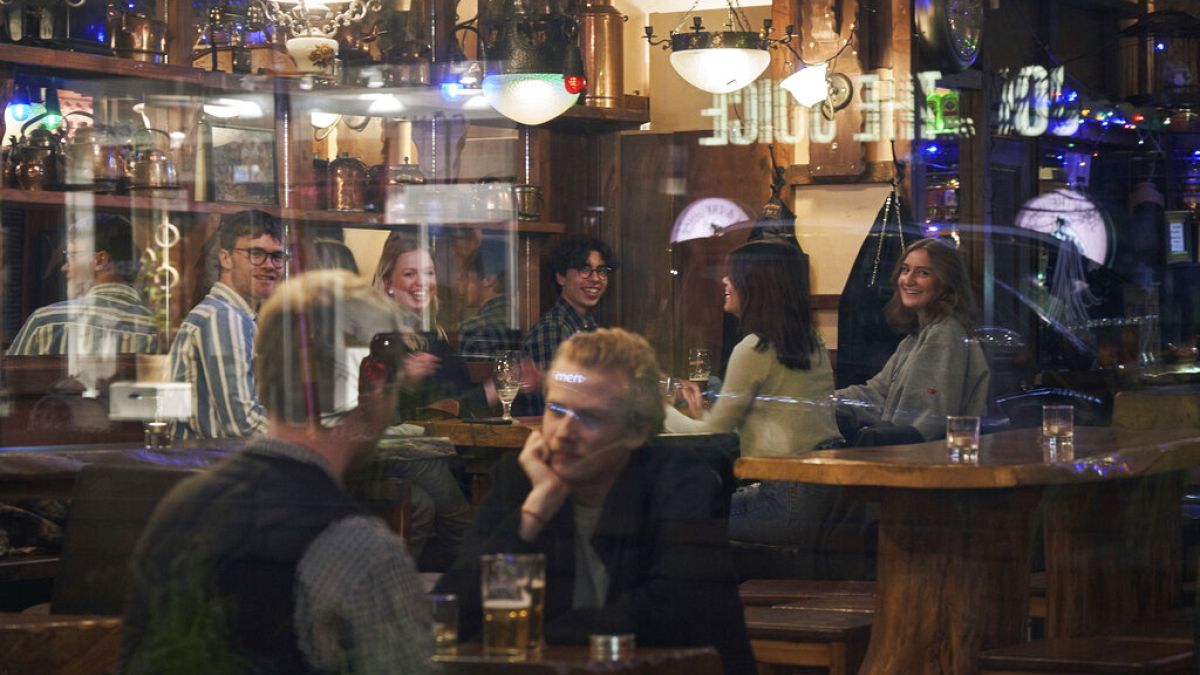“There is quite obviously a potential for improvement," said the architect of Sweden's coronavirus strategy on Tuesday.
For months, scientists, academics, politicians, commentators and our readers have been debating whether the Swedish model, the only major European country not to impose lockdown, would ultimately prove to have been the best model.
That debate, however, didn’t seem to have raged in Sweden itself, however. The famous Anders Tegnell, Sweden’s state epidemiologist, consistently argued throughout that they were pursuing the right course of action. The government agreed and, according to opinion polls, so did much of the public. But that consensus appears to have now broken.
Sweden, though, did have some good news at the weekend. On Sunday, it reported no coronavirus deaths over the previous 24 hours for the first time since March 13. But last week, it also had the highest number of COVID-19 deaths in Europe per capita over a seven-day-period, and there have been previous weekends where the death toll has increased by as little as two, only for a steeper rise to return in the following days when the reporting catches up.
Overall, the death toll, is high, standing at around 4,500. This does not compare well with its Scandinavian neighbours. Denmark has recorded 580 deaths, Finland has 320 and Norway only 237. Adjusted for population, Sweden has the fifth-highest death rate in the world, if you discount the likes of Andorra and San Marino.
'Potential for improvement'
On Monday, bowing to political pressure, the government announced it would appoint a commission or inquiry to investigate the country’s approach to coronavirus before the summer.
And this morning, Anders Tegnell agreed with the interviewer on Sveriges Radio that too many people had died in the country:
“If we would encounter the same disease, with exactly what we know about it today, I think we would land midway between what Sweden did and what the rest of the world did.”
He continued: “There is quite obviously a potential for improvement in what we have done in Sweden. It would be good to know exactly what to close down to better prevent the spread of the virus.”
Now, regular readers of this newsletter will know it is not fair to say Sweden didn’t do anything. It did ban large gatherings, close high schools and universities and tell elderly people to self-isolate. People were advised to maintain social distancing measures and even though bars and restaurants remained open, many people simply stayed away.
Was it enough?
But the debate is now about whether that was enough. Opposition politicians have focused on the high death toll in the country’s care homes, the fact that Sweden didn’t close its borders and that a mass testing scheme wasn’t put in place.
A European diplomat in Stockholm told the Financial Times: “In the short run, it might be fair to say that Sweden is isolated. The general tone of people and the press is that they are more critical. The general public is waking up to the fact that neighbouring countries and others are critical.”
Those concerns were exemplified by the Czech Republic when yesterday it issued guidance to travellers, placing only two European countries in the high risk, red category - the UK and Sweden.
Ultimately, we don’t know the answer yet to my question, whether Sweden did get it wrong. It is too early to say. Some still argue that higher rates of infection may mean the country is better prepared for a possible second wave. But clearly mistakes have been made that will hammer trust in what has been a very trusting nation. And apologises might swiftly have to follow too.
Darren McCaffrey is Euronews' political editor.


